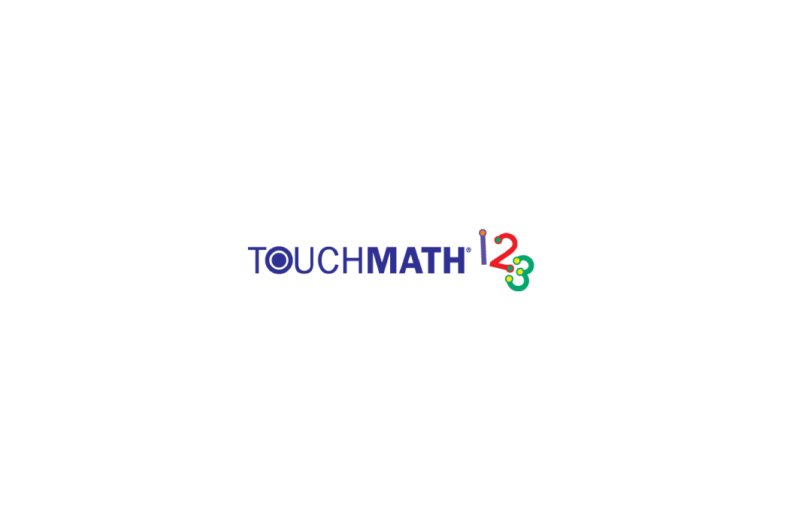
TouchMath Explores Importance of Early Screening and Intervention for Dyscalculia in Comprehensive Whitepaper
New academic analysis highlights the importance of early dyscalculia screening to support students and empower educators

New academic analysis highlights the importance of early dyscalculia screening to support students and empower educators
Colorado Springs, Colo. (June 21, 2023) — TouchMath, a multisensory math program that makes learning critical math concepts accessible and clear for students who struggle to understand grade-level content, announces the publication of its comprehensive report, “The Transformative Potential of Early Screening for Dyscalculia, The Discounted Specific Learning Disability.” Widely underdiagnosed, dyscalculia is a neurodevelopmental learning disorder estimated to affect 5-7% of the worldwide population. Early screening for dyscalculia and evidence-based interventions are critical to addressing the learning disorder’s short- and long-term personal and social impacts. The whitepaper, co-authored by Dr. Sandra Elliott and doctoral candidate Sam Wertheim, seeks to increase awareness and understanding of dyscalculia and promote efforts to ensure that all children have access to the support they need.
“We know from routine screenings for hearing, vision, and dyslexia, that early identification and interventions work,” said Dr. Sandra Elliott, Chief Academic Officer at TouchMath and co-author of the whitepaper. “Most students with dyscalculia, if diagnosed at all, are not diagnosed until the third grade or later, after performing poorly on standardized tests. By this point, they are already significantly behind their peers in math and face greater challenges as students and adults. Early screening can detect the risk factors for dyscalculia and math learning problems as early as age 3, allowing for intervention and support. We have developed a screening tool and identified evidence-based interventions for educators, parents, and administrators to help each child. We urge states, districts, educators, parents, researchers, and advocates to prioritize early math screening, just as they do for vision, hearing, and dyslexia. To truly support our students as they journey through their educational careers and prepare to enter the workforce, particularly with careers tied to STEM education, we must address the fundamental skills necessary for success, which include math.”
Dyscalculia is a math learning disability that affects a person’s ability to understand and work with numbers and number related concepts and can lead to various other difficulties with mathematics, from math anxiety to math avoidance. It is not gender specific and is dramatically under-identified compared to dyslexia. In addition, up to 70% of individuals who have been identified as dyslexic are estimated to also have dyscalculia.
The Analysis Includes Critical Key Points Driven by Research, Including:
“TouchMath is dedicated to increasing awareness of dyscalculia while offering accessible tools to empower every student to unlock their true potential,” stated Sean Lockwood, CEO of TouchMath. “This whitepaper bridges the gap between research and early intervention, laying the foundation for our vision where every student receives screening before starting school and is equipped for grade-level success.”
To view the whitepaper, visit this link.
To learn more about supporting learners with dyscalculia, visit touchmath.com/dyscalculia-101.
About TouchMath
TouchMath provides a wide range curriculum and tools for educators and their students who struggle to understand grade-level content. TouchMath is committed to maximizing student potential through its worldwide delivery of hands-more, visit https://touchmath.com/.
Media Contact:
This is a sponsored message and does not necessarily represent the views of the Education Writers Association, its board of directors, or its members. Want to see your release on the EWA site? Promote it with EWA.
Your post will be on the website shortly.
We will get back to you shortly